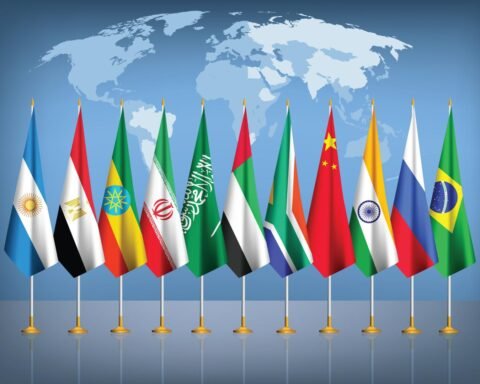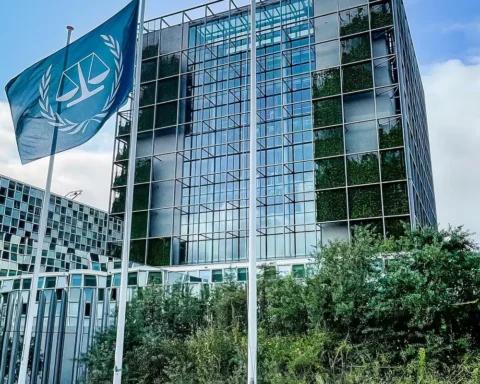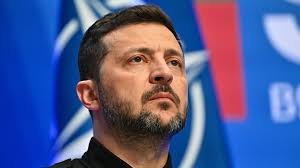President Donald Trump hosted an iftar dinner at the White House, recognizing the Islamic holy month of Ramadan.
The gathering, held in the State Dining Room, brought together ambassadors from Muslim-majority countries, senior officials, and members of his administration.
In his remarks, Trump extended warm wishes to Muslims around the world, saying, “Ramadan reminds us of the richness Muslims add to our communities and the importance of faith in our lives.” He also reflected on his visit to Saudi Arabia, his first foreign trip as president, calling it “an incredible experience” that strengthened U.S. ties with Muslim nations.
The iftar dinner is a tradition that dates back to President Bill Clinton’s administration and continued under Presidents George W. Bush and Barack Obama. However, last year, Trump did not hold the event, making this his first official White House iftar.
While the dinner was a symbolic gesture of outreach, reactions were mixed. Some Muslim advocacy groups chose not to attend, organizing a separate event called “NOT Trump’s Iftar” in a park near the White House.
Also Read; Russia Strikes Ukraine’s Power Plant
Amid Winter
Critics argued that policies such as the travel restrictions on several Muslim-majority countries have created tension between the administration and Muslim communities.
Despite the controversy, the evening focused on diplomacy, with Trump emphasizing partnerships with Muslim-majority nations. As guests broke their fast with traditional dishes, conversations centered on strengthening relationships and working together on global challenges.
The iftar dinner served as both a recognition of Ramadan’s significance and an opportunity to build bridges. While some see it as a step toward better engagement, others believe real change will come through policy actions rather than symbolic events.







